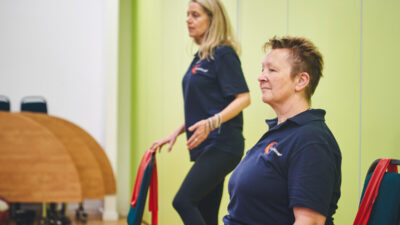

Instructor Courses
Train to lead expert falls prevention and mobility sessions. iCareiMove courses equip carers, fitness pros, and health staff to support older adults with confidence.


Train to lead expert falls prevention and mobility sessions. iCareiMove courses equip carers, fitness pros, and health staff to support older adults with confidence.
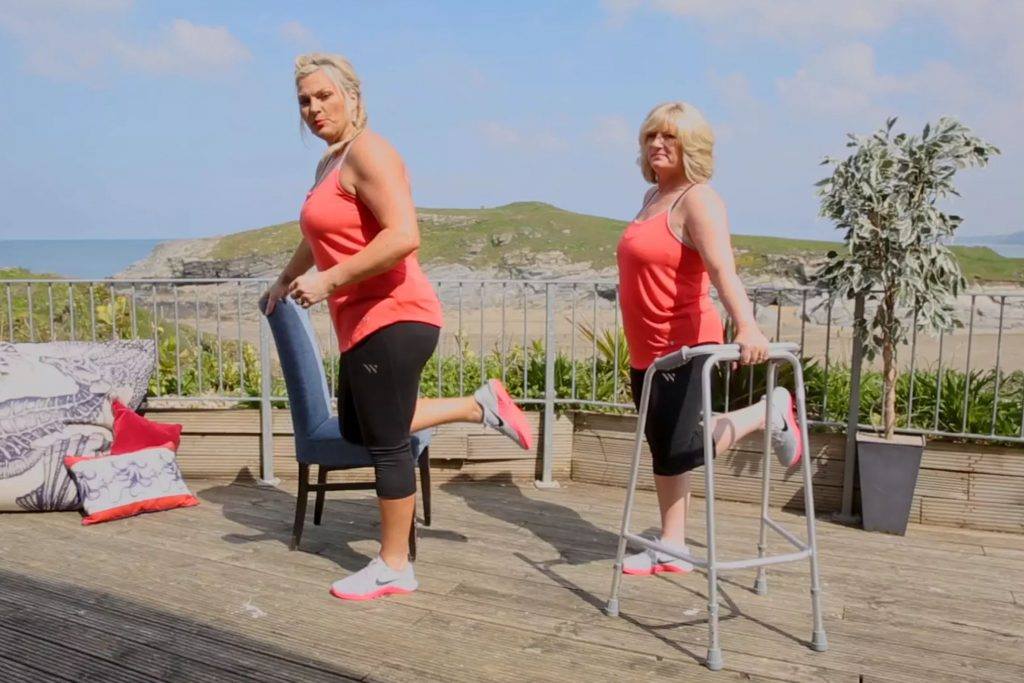
At iCareiMove, we believe that movement is key to lifelong wellbeing. Our Instructor Training Courses are designed for fitness professionals, carers, and health workers who want to develop their skills in supporting ageing populations. Whether you’re looking to teach functional movement, balance, or falls prevention, our courses offer the expertise, tools, and real-world application to make a meaningful difference in people’s lives.
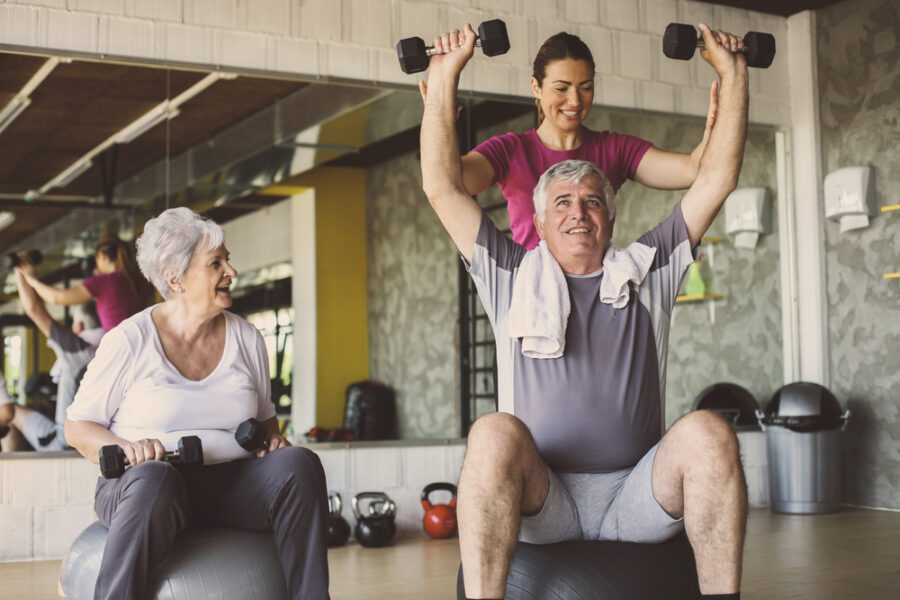
As specialists in movement-based wellbeing, we equip instructors with evidence-based training, practical experience, and continuous support. Our courses are accessible, engaging, and designed to fit real-life teaching environments, helping you build confidence in leading safe and effective sessions.
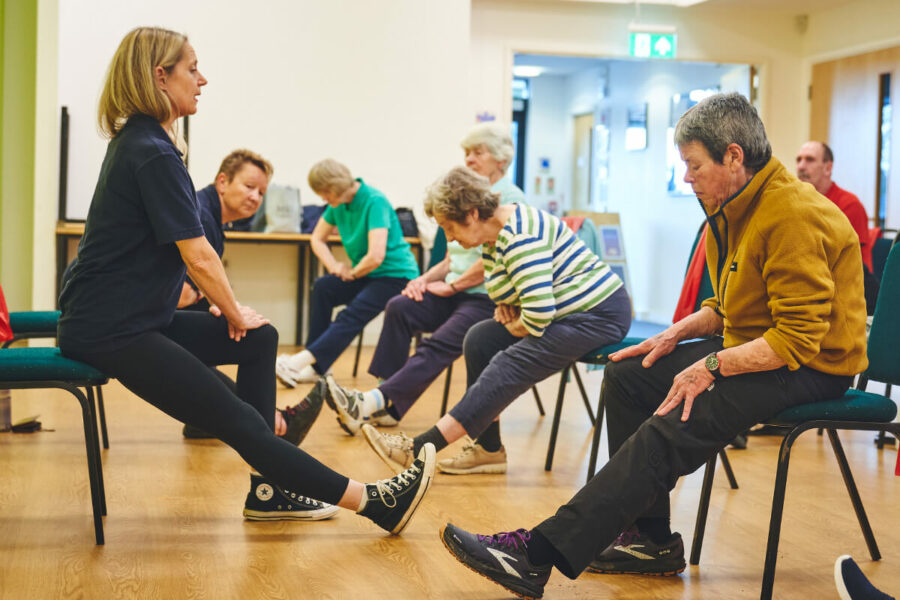
The Totter course is designed for those supporting strength and balance sessions for older adults, including face-to-face, virtual, or home-based delivery.
Rather than leading the session, Totter facilitators play a vital supporting role. This includes helping with set-up, observing and reporting any participant concerns, offering motivation and emotional support, and ensuring safe, smooth delivery under the guidance of a lead instructor.

Get in touch to discuss our Instructor Courses and one of our friendly team will be in contact to help!
Alternatively you can reach us at the contact details below.
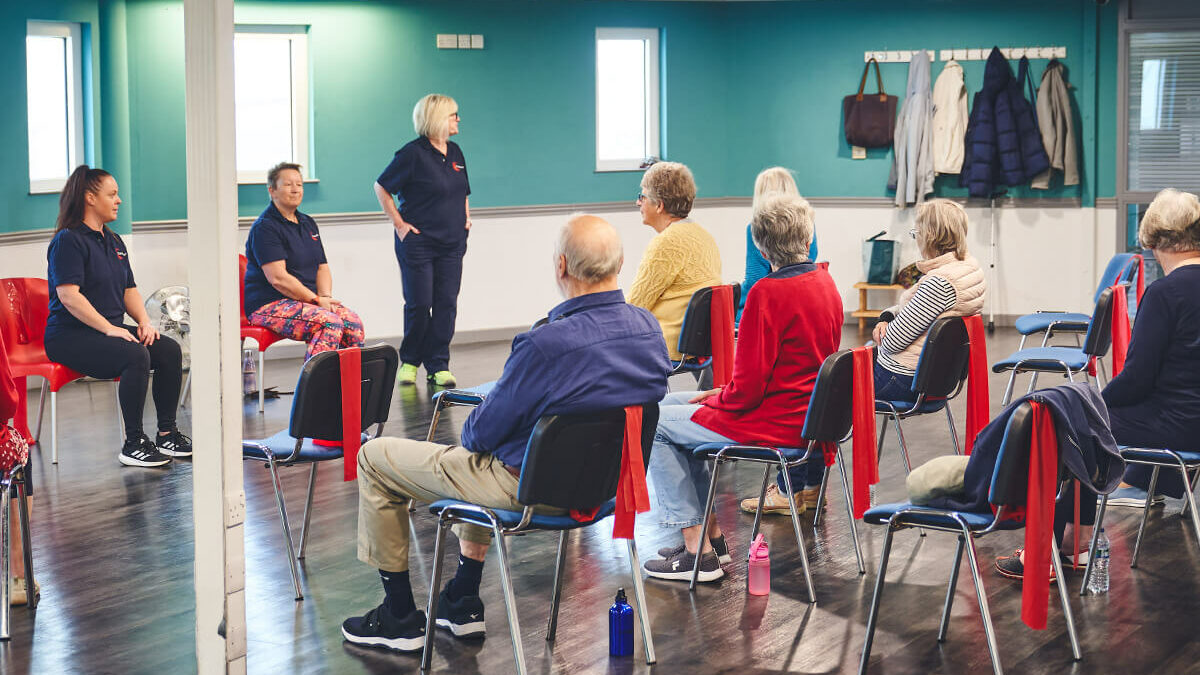
We always encourage a conversation to get you thinking differently about ageing. Meet the team and start a conversation that could change lives.